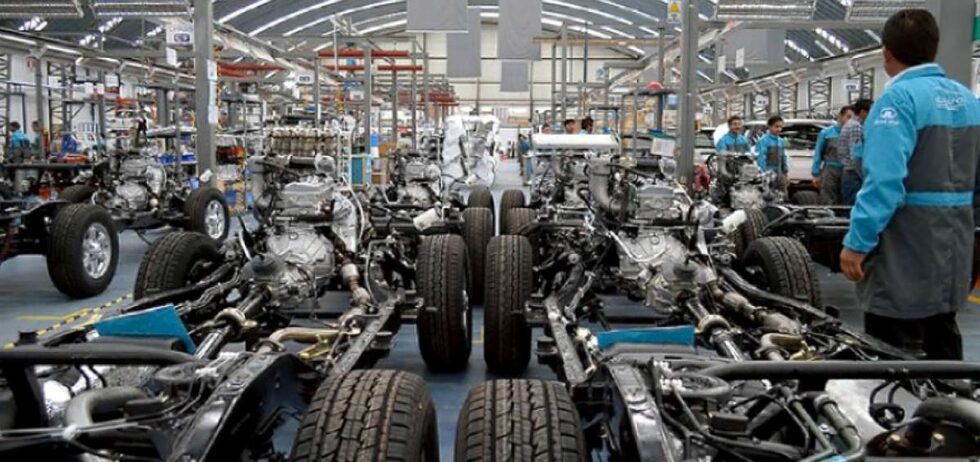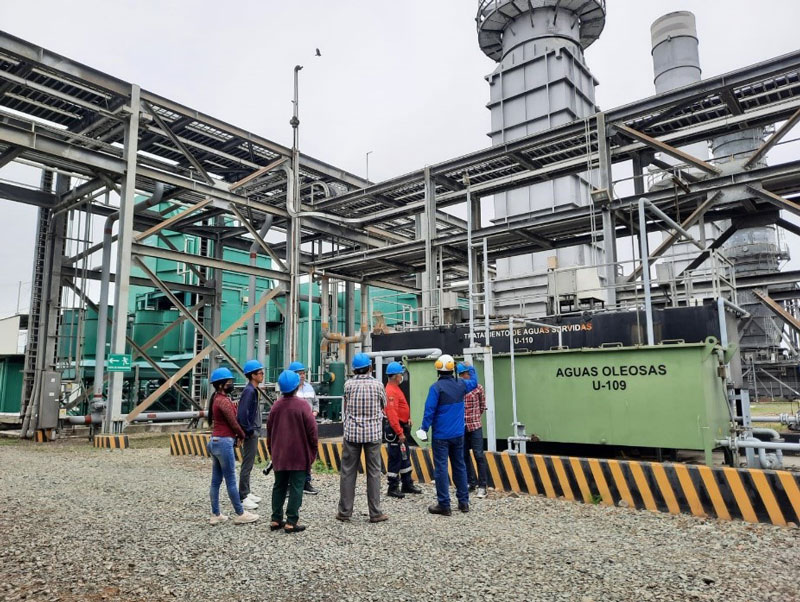High court to review government decision to allow military to assume police duties
Ecuador’s Constitutional Court holds a public hearing on Thursday to discuss whether a recent ministerial resolution giving the military broad powers to use lethal force is constitutional. The resolution also allows armed forces to participate in public security operations. Both aspects of the resolution raise serious concerns under international human rights standards.

Army personnel were used in May to enforce social distancing at a Quito market.
The May 29 resolution by the Ministry of Defense broadly authorizes military use of force in “meetings, demonstrations, internal disturbances and other situations of internal violence that lead to serious internal commotion or public calamity.” It says use of force in these cases requires a prior declaration of a “state of exception,” that can be decreed in a range of circumstances, or “in operations supporting other state institutions,” including the police.
But involving military in policing poses serious human rights risks, especially because the military are not trained to conduct crowd control. The Inter-American Court of Human Rights has previously held that Ecuador must be extremely careful “when they decide to use their armed forces as a means for controlling social protests, domestic disturbances, internal violence, public emergencies, and common crime.” The Court ruled that there needs to be “a clear demarcation between military and police duties.”
Ecuador’s resolution also establishes a use-of-force scale that categorizes several actions as “imminent lethal threats” in ways that would authorize an escalation in the use of force in a manner inconsistent with international standards. For example, if a person carrying a firearm or a replica refuses to drop it, after receiving just one warning, the resolution authorizes the agent to use “firearms with lethal munition.”
Today’s hearing is based on five constitutional complaints filed in June by the Ombudsperson’s Office and local human rights organizations, arguing that the resolution runs counter to both constitutional and international human rights standards.
A strong ruling by the Constitutional Court upholding international human rights standards could make a big difference in preventing abuses the next time the country faces social unrest.
___________________
Credit: Human Rights Watch


















